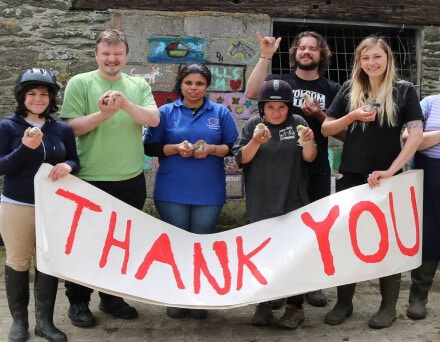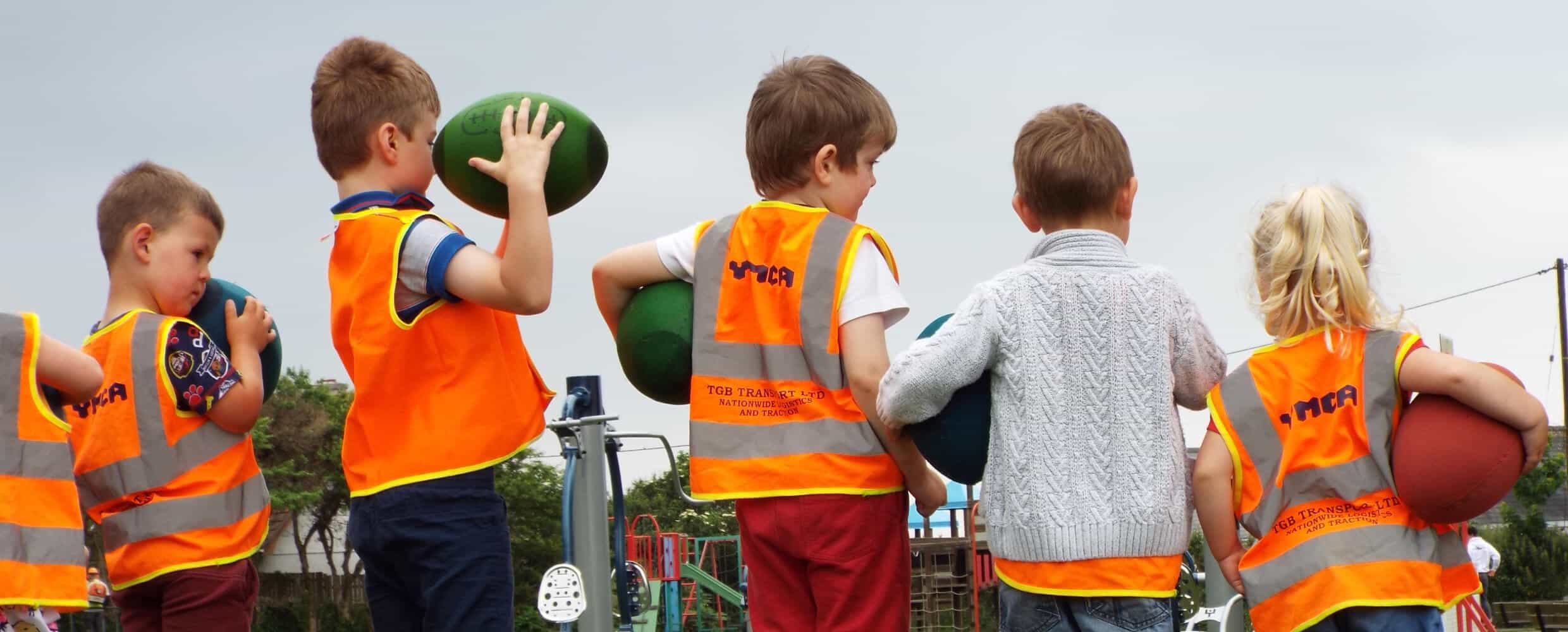The employment landscape in Cornwall and the Isles of Scilly is fragile and too heavily based on the tourism industry but the Vital Signs report suggested that issues arise for our young people even earlier.
The South West continues to be the lowest performing region in England for the percentage of disadvantaged children reaching expected standards in reading, writing and math at the end of Key State 2.
In 2022 almost all exam grades for GCSE and A level across all subjects were lower than the rest of England.
The proportion of disadvantaged students from the South West entering higher education or training has steadily increased but remains lower than all other English regions.
In 2022/23, the percentage of disadvantaged pupils in the South West achieving grade 4 or above in GCSE English and maths (40.3%) was lower than the England average of 43.7%.
There are widespread funding issues: within the state system our teachers are the lowest paid across England and, on a measure of school income per pupil, Cornwall is 142 out of 149 local authorities.
Funding and provisions for SEND children (special educational needs and disability) is woefully lacking. Parents of SEND children are struggling to get the help and support they need, and Cornwall is the second-lowest funded area in the UK.
Key figures:
Cornwall’s education
The below show that Cornish children are falling behind the rest of the UK early and issues are continuing through their school time and beyond.
5.6% of 16–64 year olds in Cornwall have no qualifications
Around 10,000 of the region’s disadvantaged 11-year-olds left primary school without basic reading, writing and math
In autumn term 2023, the South West had the highest absence rate for students eligible for free school meals 12.0%)
At 5.8%, the South West has the third highest percentage of NEETs in England
In Cornwall disadvantaged pupils are, on average 20.7 months behind
Only 18% enter higher education by age 19 – the lowest of all English regions
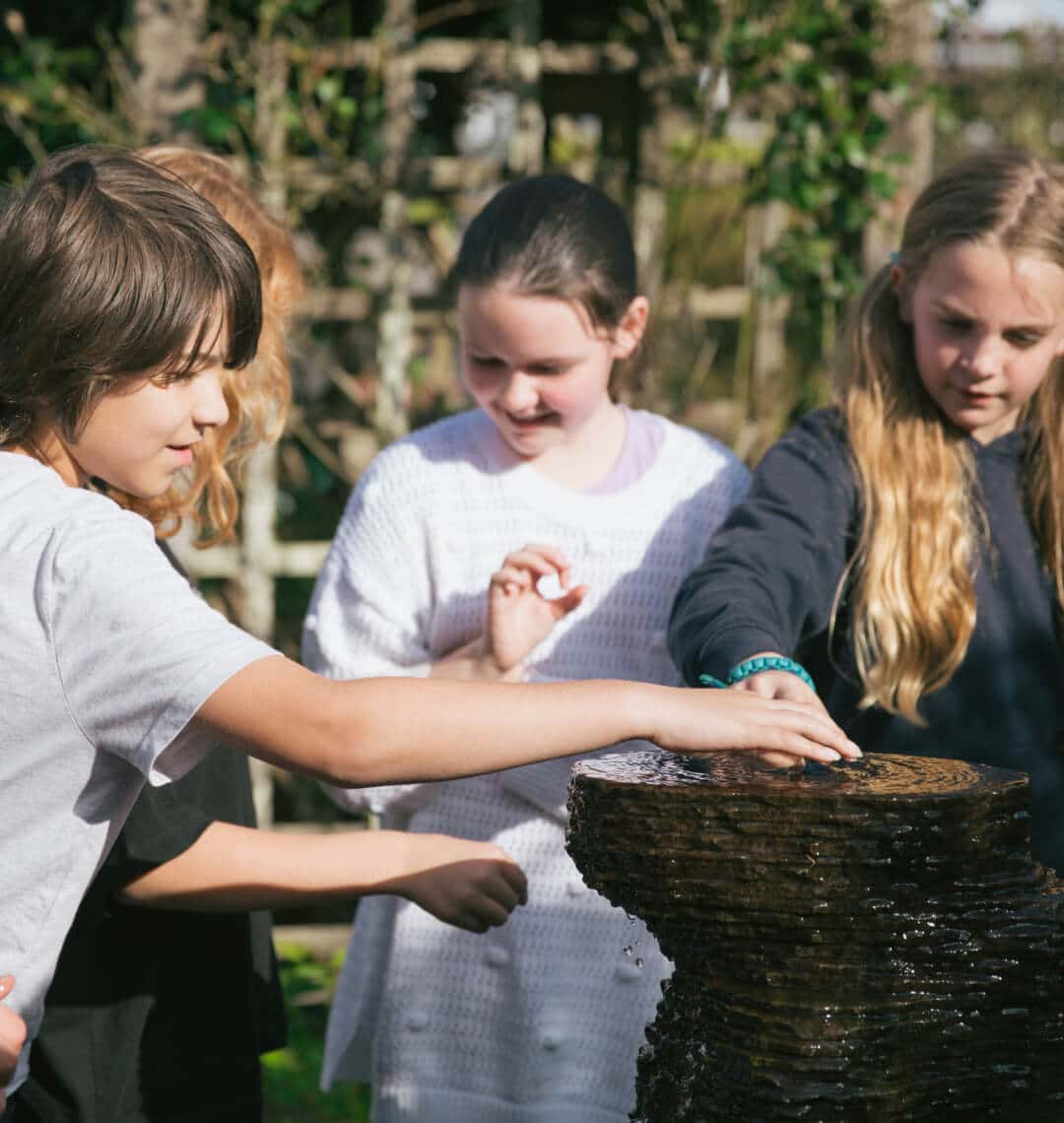
Challenges:
Cornwall’s education
- To raise the aspirations of young people – involve them in a meaningful way with CCF. Hold a young person’s gathering to understand what challenges face young people’s groups, how we can better support them and how well tested ‘wins’ such as peer-to-peer support can be promoted.
- Assess the viability of other ‘partnerships’ e.g., the Good Growth Fund at CC to reduce reliance on private sector funding e.g., CSE Fund. Also, to promote the importance of long-term funding, e.g., endowment, for what is a long-term problem.
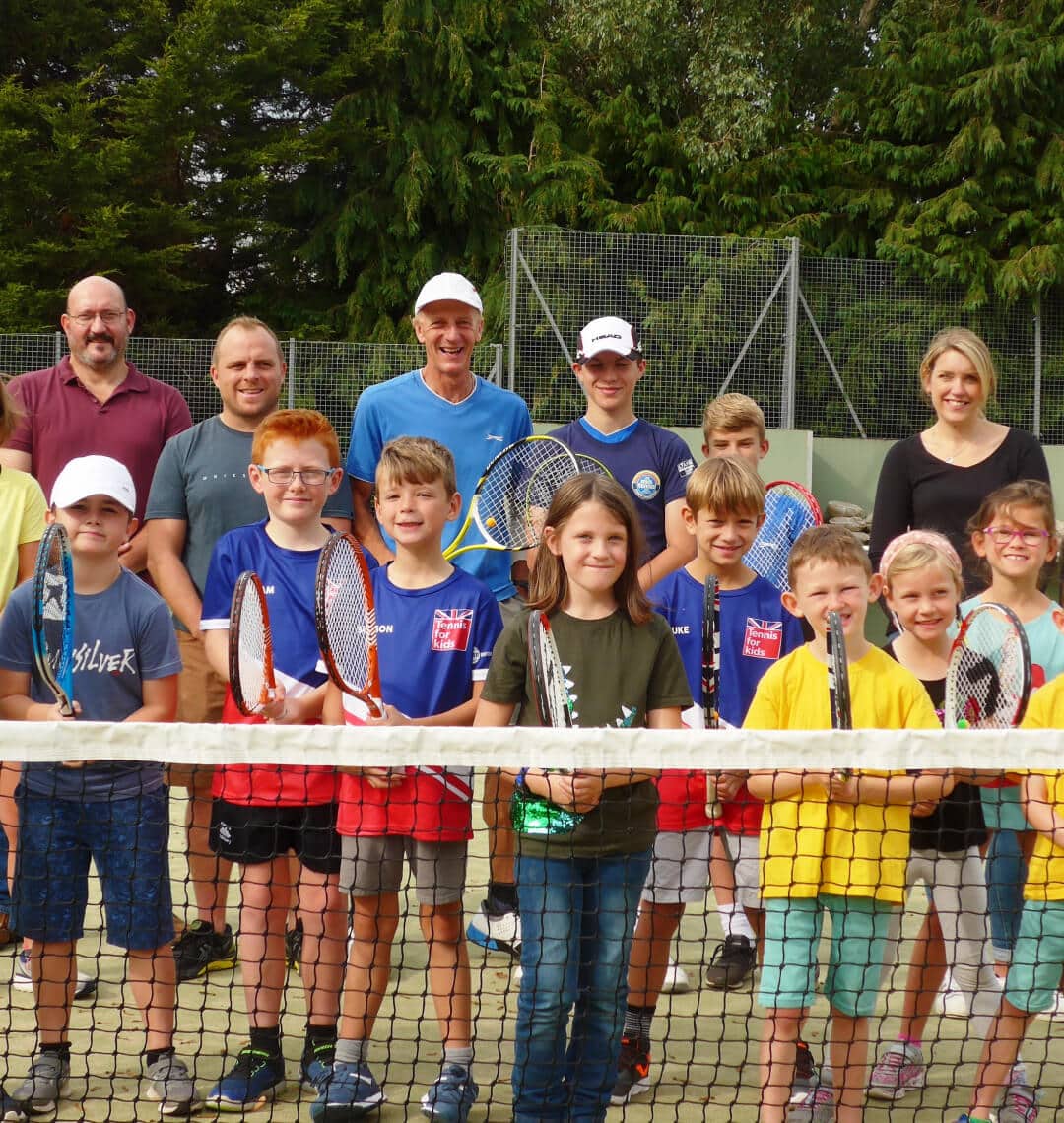
What we’re doing to help:
Cornwall’s education
- Supporting groups working in early intervention with parents
- To continue to explore youth grant-making, providing development opportunities for a group of young people.
- Engage young people in the grant making process at CCF.
- Working on grant programmes for young people such and Young and Talented, The South West Enterprise Fund and the Healey’s Fund for young entrepreneurs.
How you can help
Since 2003 we have awarded more than £20m in small grants to grassroots, front-line, volunteer-led organisations that are making a positive impact in their area, helping to overcome the challenges of disadvantage, exclusion and poverty for all.
This work wouldn’t be possible without our generous donors.
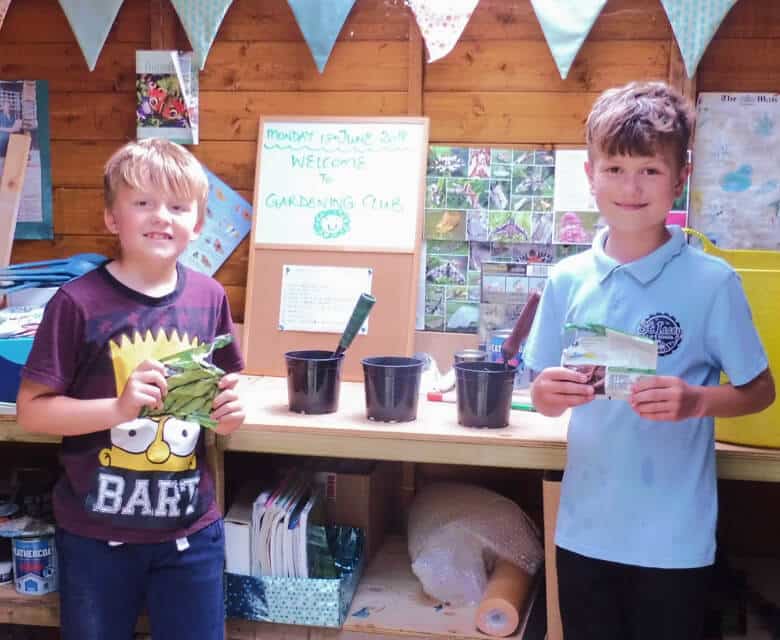
Stories of support:
Trelya, Penzance
The ‘Being Me’ Project at TRELYA addresses the negative impacts of social media. Thanks to the grant of £4,464 from Young Minds First, Trelya has been able to support groups of young people with its ‘Being Me’ emotional wellbeing project.
- 1203 people attended training as a result of the project
- 6 people came off work-related benefits
- 76 people started on the path to employability as a result of the project
“Children, young people and families are responding positively to the projectA piece of work that delivers an output., which Young Minds First funded. We have found that 1:1 sessions with some young people work really well as the sessions give space to talk, listen and really explore young people’s beliefs, views, self-worth and priorities.”
Get help for an organisation
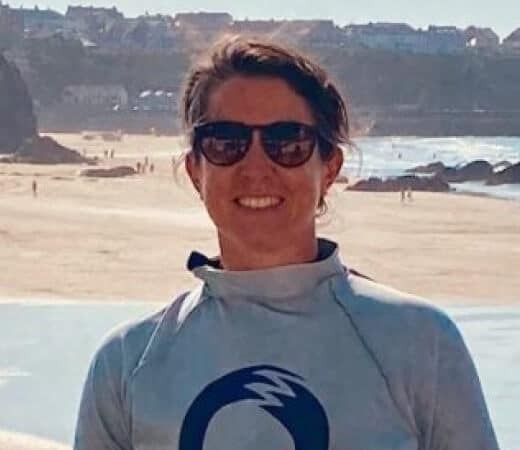
Tamara Sherston-Baker
Development Director
